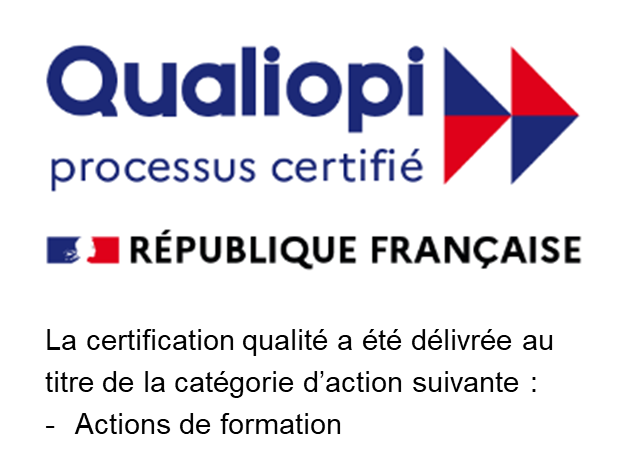Intercultural Training’s Impact on Employee Well-being

Employee well-being benefits more than just employees. It also benefits employers and the customers they serve. What many organizations don’t realize is how much intercultural agility impacts employee well-being. Below, we’ll discuss the relationship between the two and why focusing on intercultural agility should always be a part of your global talent mobility strategy.
Why Employee Well-being Matters
Prioritizing employee well-being makes sense from a duty of care standpoint, but it also benefits businesses. Employees that are happy and well are typically more engaged at work. Employees that are culturally agile enjoy enhanced well-being, as they’re better able to collaborate with their teammates and customers. This results in higher levels of engagement at the individual level – and enhanced collaboration and innovation among teams. Additional outcomes include a stronger company culture, brand reputation, and employee retention rate. Customers also reap the benefits. When well-being is prioritized and employees are given the tools they need to succeed, they’re more likely to provide excellent customer service and care. Businesses benefit from higher customer satisfaction scores and brand loyalty.
Conversely, the risks of not investing in employee well-being can be costly:
Talent loss
When employee well-being is damaged, disengagement leads to employee turnover. Research by SHRM suggests that replacement costs can be as high as 50%-60% of each employee’s salary, with overall costs ranging anywhere from 90%-200%. The administrative hours required to replace lost talent are just as costly.
Project failures
A study published in the Harvard Business Review stated that one in every six projects ends up costing more than 200 percent of its estimated amount and almost 70 percent of IT projects face project delays. A lack of skills and poor communication were among the top reasons this can happen, both of which can occur when employees are unable to communicate effectively across cultures. When objectives fail to be met, employee well-being can be negatively impacted.
Underperformance
McKinsey has found that culturally unaware teams underperform others by 36%. In a competitive global market, this can lead to missed opportunities, decreased innovation, and a weakened competitive edge. It also leads to disengagement and frustration among employees and teams. Put simply, homogeneous teams are less impactful in a global market, but diversity alone isn’t enough: it takes a well-managed, culturally agile, diverse team to truly be productive, collaborative and innovative.
The Impacts of Intercultural Training on Well-being
It often surprises employers that cultural agility is so closely tied to employee well-being, but its very definition offers a clear explanation of the connection: Cultural agility is defined as the ability to work effectively and respectfully with people from different cultures, and to adapt to new situations with ease. When diverse teams don’t communicate effectively, trust each other, or know how to effectively collaborate across cultures, the impacts on their feelings of agency, accomplishment, and value can be detrimental to their sense of well-being. Misunderstood employees often end up feeling invisible or ineffective, leading to dissatisfaction at work. Disengagement, quiet quitting, burnout, or attrition can occur — leading to team friction and discord, lost time and productivity, missed goals and deadlines, and even attrition when employees feel disenfranchised.
The Intersection of Intercultural Agility, Well-being, and Global Talent Mobility
The relationship between intercultural agility and well-being is particularly significant when it comes to mobility:
Cultural Compliance and Organizational Health
In today’s demanding global market, organizations go to great lengths to ensure their compliance with a variety of laws, regulations, and ethical standards. But since all three of these vary from country to country, an employee’s ability to “be” compliant depends on their ability to navigate cultural differences smoothly. Miscommunication and misunderstandings during intercultural exchanges can be costly, resulting in lost sales, hefty fines, or even being banned from critical markets, so one could argue that cultural agility also impacts the overall health and efficiency of organizations, too. Incorporating “cultural compliance” into compliance training is essential for the success and sustainability of global organizations. NetExpat offers cultural compliance training and coaching on various platforms, ensuring employees are well-prepared to interact across diverse cultures.
Foster Well-being and Organizational Health Through Intercultural Training
In a recent NetExpat study, 98% of participants said they considered cultural agility skills to be extremely or very important. A skilled intercultural/global advisory services provider sets your employees and business up for success by serving as a valued extension of your team. By leveraging their expertise, mobile employees and their families experience smoother relocations and more positive employee experiences. By investing in intercultural competence and cultural compliance training, businesses don’t just enhance employee wellbeing and productivity; they also foster collaborative teams, exceptional customer service, a culturally compliant workforce, and the kind of innovation and company culture that helps organizations compete in a diverse global market.
NetExpat offers a variety of intercultural and cultural compliance training options, representing best-in-class solutions that empower your team to thrive in a global market. Our proprietary technology leverages data from over 25 years and thousands of employee assessments, resulting in predictive analytics and a stronger ROI for our clients. To learn more about how NetExpat can help your organization foster employee well-being and cultural compliance through intercultural training, contact us at
info@netexpat.com
Share this post
















